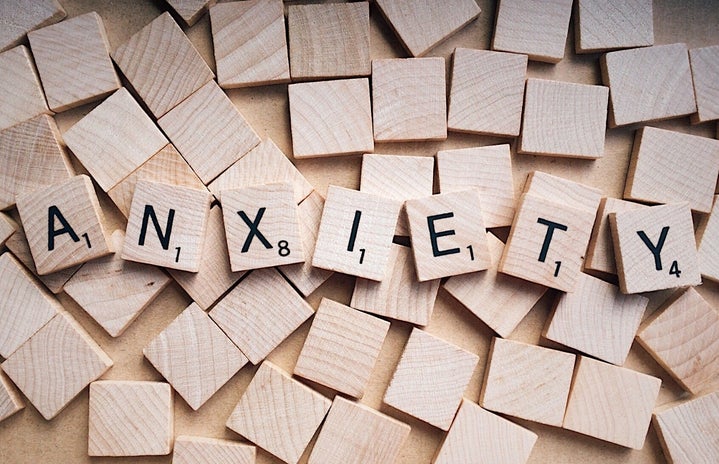The status of your mental health is neither something to be embarrassed about, nor something that needs to be avoided in conversation. Keeping the conversation about therapy constantly going should actually be encouraged, but why isn’t it?

Society has trained us as individuals to sweep therapy under the rug and keep it to ourselves. Although awareness of the reality of mental health and therapy is becoming more normalized, the stigma surrounding it still exists. Here’s why the stigma needs to end and what we can do to fight it:
First, let me tell you a little about my own journey with therapy. I struggled with my own demons for years and once the emotions inside of me reached a boiling point, I felt absolutely helpless. My anxiety took control and I felt like I had no one to turn to, so I finally decided to ask for help. Reaching out to a therapist was the best thing I have ever done for myself even though it was a difficult decision to make. Doing so meant I had to put my own pride aside, recognize I could no longer struggle alone and ask for help. Even though recognizing I needed help was challenging, prioritizing my mental health was absolutely liberating. Finally, after years of feeling dragged down by my emotions, I wake up happy and excited to start my day.
Of course, therapy is completely confidential and it is entirely up to you what you want to share and not share, I found that the more I progressed in my mental health journey, the more I wanted to open up about what I was going through. I wanted my family and friends to know more about the new person I was becoming but I was worried about opening up about it because there is such a stigma around it.
Unfortunately, this is a real issue that a lot of people struggle with. It is hard to feel comfortable about going to therapy or talking about your own experiences when society views it in such a negative light. As difficult as it can be though, I have found that most of the time when I share my own experience with therapy, others are completely supportive and might even share their own struggles. Although therapy is very personal, knowing that someone else is not only understanding where you’re coming from but also going through something similar makes it so much easier to go through it yourself.
So, how do we work towards ending the stigma?
1. Talk about it.
Talking about mental health acknowledges it and its value. Talking about mental health brings awareness to the emotional battles so many individuals struggle with behind closed doors. Openly recognizing these battles might even save lives.
2. Own your own story.
Even if talking about your progress with mental health only helps one person, that is one more person that feels more comfortable with their own struggle. Making the decision every day to talk about my own experiences with anxiety and depression fights the stigma around mental illness. Owning your own story with no shame shows others that it is normal and can even be empowering to talk about your mental health journey.
3. Educate others.
Take every opportunity you get to educate others about the importance of prioritizing mental health and why the stigma surrounding it needs to end. It is important that we have all the facts so that we can all be aware of the struggles individuals are facing both publicly and privately.
Want to see more HCFSU? Be sure to like us on Facebook and follow us on Instagram, Twitter and Pinterest!



